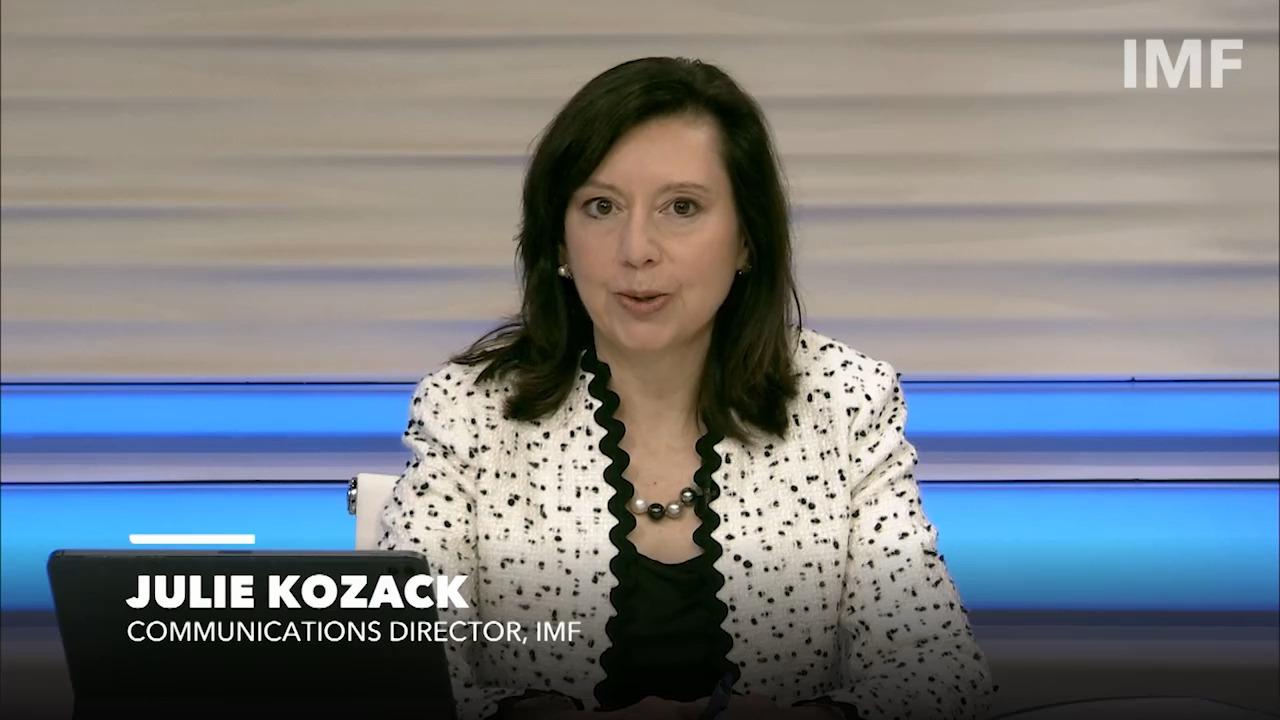Pakistan's economy is poised for significant growth, with the IMF projecting a 3.2% increase in the current fiscal year and 4% in the next — an important opportunity for the country to implement sustainable reforms and improve the living standards of its citizens.
The IMF has praised Pakistan for stabilizing its economy, citing single-digit inflation, a decreasing interest rate, a stable exchange rate, and rising foreign exchange reserves. However, the international lender noted that Pakistan still lags behind regional countries in crucial sectors like health and education.
The IMF found that Pakistan allocates only 1% of its GDP to health and 1.5% to education, far less than India, Bangladesh, and Nepal. The country's low spending in these areas has contributed to higher infant mortality and developmental issues compared to its neighbors. Over the last two decades, Pakistan's per capita income has increased by only 1.5% per year, compared to 4.5% in Bangladesh and 5% in India. China saw a 7.5% rise in the same period.
While acknowledging these challenges, the IMF stressed that Pakistan can leverage the current economic stability to address these gaps. By increasing investments in basic reforms and the social sector, Pakistan has the potential to enhance its human development and improve the standard of living for its population.



























